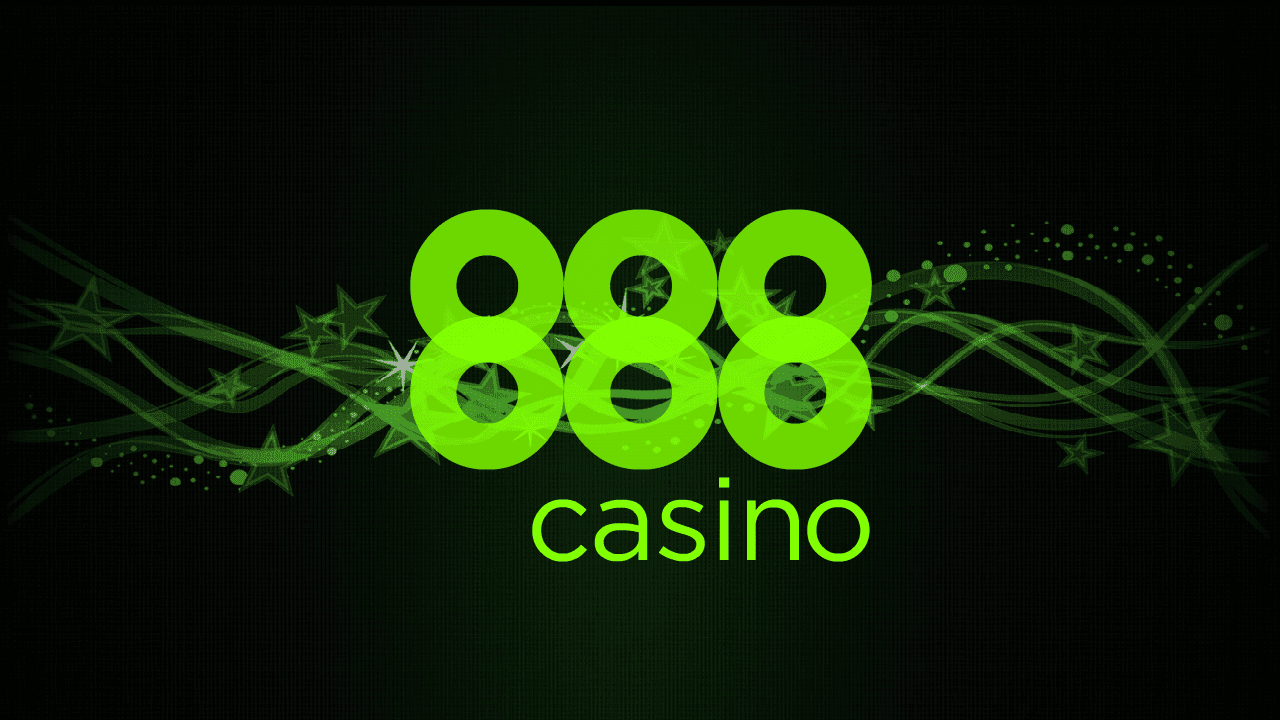

"The Danish Congestion Commission is regarded, apparently, as a "good solution" as a plaster on the wound for the dropped congestion charge ring that would have reduced automobile traffic by 30%. A congestion ring that "nobody" allegedly wanted - except of course for a majority of Copenhageners who live with the pollution in a city that looks more and more like a parking lot with randomly scattered homes. We would have preferred that it looked more like a park with densely-populated neighbourhoods."
Thus writes the newly-formed, Danish bicycle advocacy association Cykelrepublikken - The Bicycle Republic - on their website in a sharp criticism of the Congestion Commission. We've critised the Commission previously here on Copenhagenize but now their work is done and the documents handed in.
Cue the anti-climax. The reports are disappointing and not a little shocking in their complete uselessness. Here is the translation of Cykelrepublikken's article about the failed Congestion Commission.
The Congestion Commission's ambitions were diminished greatly. From a goal of reducing car traffic by 30% to just hoping to reduce future growth in car traffic. The ruling party Social Democrats are banking heavily on car traffic at the expense of cycling and with investments of around 30 billion kroner in a new harbour tunnel and 50 billion kroner in an extension of the mini-metro so that motorists won't be inconvenienced by pesky busses and cyclists at ground level.
The goal of the Commission in brief:
"The Commission will present, in Janaury 2013, a catalogue of ideas with advantages and disadvantages of the different proposals regarding reduction of congestion, noise and air pollution in the capital region and an overall strategy in August, 2013."
Today - January 16th, 2013 - is the day that the Congestion Commission will finalise their idea catalogue that will form the basis of their overall strategy after summer. CykelRepublikken has learned that cycling has been completely and utterly ignored, despite the fact that it's the most used transport form in Copenhagen. Out of the seven work groups in the Commission, none have focused on cycling or walking as transport forms. They have focused on:
- National road pricing
- Public transport - including how to get cyclists to instead use the much more expensive public transport.
- Improved conditions for motorists, including a proposal for removing the cycle tracks on Bredgade and Store Kongensgade (two main streets in the city centre) in order to make room for more car lanes. The cyclists are expected to be moved to other streets like Borgergade.
- General traffic - although here cycling was at least regarded as a transport form.
In the analysis phase there wasn't a single analysis of how cycling is affected by car congestion. Nothing about accessibility, how much the distance a cyclist is willing to cycle is reduced, insecurity, the reduction in children cycling to school in Copenhagen or any health consequences at all. They have merely stated that they didn't look into it too much.
The Danish Cyclists' Federation (DCF) participated in the Congestion Commission. Their work was of an unusually bad quality. They just put their name on the paperwork and used it as an alibi. DCF's grand idea is giving cyclists a tax break, which is unlikely to shift a single motorist over to a bicycle. The Transport Ministry has even documented that even if public transport was free, only 5% of motorists would switch their car for bus/train/mini-metro. Motorists choose their car because its easiest for them. If they are to get out of their cars, then driving has to become more inconvennient and the alternatives faster and more convenient and appealing. It's not finance that plays a role.
The conclusions from the Congestion Commission are that there should be two things for cycling. One is not cancelling the national bicycle fund - Cykelpujlen. This fund is for municipalities to apply for 50% funding of projects like bridges over motorways when new motorways like Nordhavnsvej block for cyclists using Lyngbyvej.
The second is that there is continued development of Bicycle Superhighways - Cykelsuperstier. There is, however, no vision that these should be of a such a higher quality than the existing cycle tracks in the area that cyclists would be able to see a difference. In other words, 90% advertising and 10% improvement of some existing cycle tracks.
All of this means that there is nothing different on the horizon. Cycling will continue to fall nationally and in Copenhagen, as investments in cycling will continue to be only 1.5% of the Danish transport investments.
The rest of the Commission's conclusions are business as usual. On the national traffic political scene there is no limiting car traffic at all but rather methods for making driving easier for motorists. There are a few points of light like looking at making motorists pay a larger share of financing for parking. Recommendations that will, most likely, be rejected by the government. In the same as the last government swept the recommendations of various commissions under carpet with "that's interesting, but it's not our politics."
There are many transport researchers and NGOs in the Congestion Commission and it will be interesting to hear how ineffective they have been, like the DCF. Only interested in public transport or just steamrolled by the Transport Ministry, the head of the Commission Leo Larsen (from massive infrastructure company Sund & Bælt that thrives on car traffic), the Danish AA (FDM), Danish Industry, Danish Chamber of Commerce, the rabid business association Copenhagen City Center, unions like LO and the government's political reps.
Cycling is the only transport form that for a broad segment of the population can deliver speed that rivals cars in cities, zero pollution, no traffic deaths, a minimum of space on the urban landscape and it also improves public health. It is also one of the most inexpensive transport forms to expand and maintain for both society and the individual.
It simply doesn't make sense that the Commission isn't looking at how to maximize cycling and only then look at the other transport forms on a minimal basis when necessary.
Cykelrepublikken challenges every Danish transport researcher to a debate about our claim - that the goal of the Congestion Commission will never be reached through the Commission's work. The idea catalogue contains nothing that will significantly reduce congestion, noise and air pollution in the Capital Region for the government.
Cykelrepublikken has shared all the Congestion Commission's documents in a Dropbox folder so the individual can get their own overview - if what we are saying seems to bizarre to be true.
The documents can be found right here.
Welcome to The New Copenhagen.




